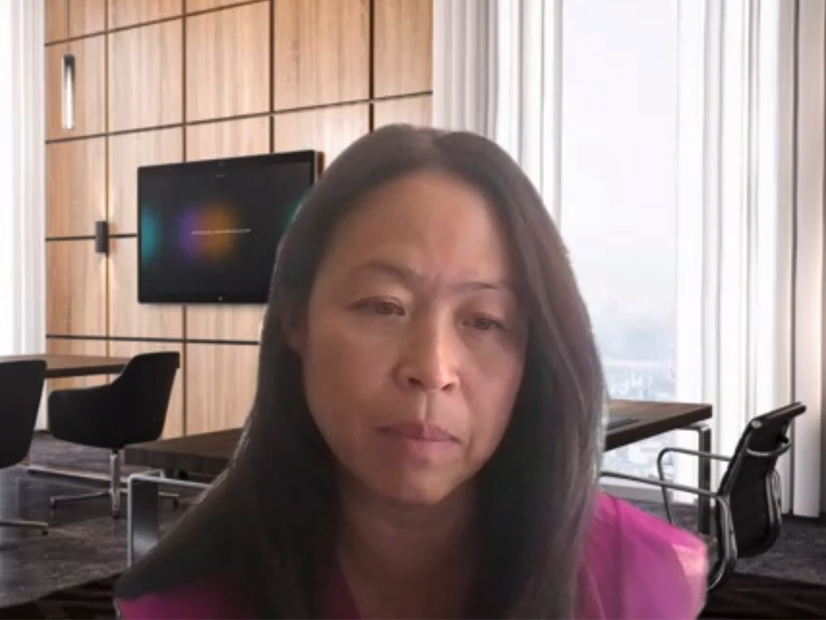Plans are advancing rapidly for a technical conference to resolve an impasse on a proposed reliability standard, NERC staff told members of the organization’s Standards Committee during its monthly conference call this week.
The technical conference, scheduled for Sept. 4-5 at a still-to-be-announced location near NERC’s Washington, D.C., office, is intended to address FERC’s directive in 2023 — part of Order 901 — to submit reliability standards by Nov. 4 addressing IBR performance requirements, disturbance monitoring data-sharing and post-event performance validation.
NERC has produced five draft standards relating to FERC’s order, four of which have met the two-thirds weighted stakeholder approval needed for submission to the commission. However, the last standard, PRC-029-1 (Frequency and voltage ride-through requirements for inverter-based resources), failed to receive approval in its most recent formal ballot round that ended Aug. 12.
The failure of PRC-029-1 to win industry approval and the impending FERC deadline prompted NERC’s Board of Trustees to take unprecedented action to break the impasse. Invoking its authority under Section 321 of NERC’s Rules of Procedure, the board directed the Standards Committee to convene a technical conference to gather input from industry, which it will use to revise the proposed standard. (See “Board Invokes Standards Authority to Meet IBR Deadline,” NERC Board of Trustees/MRC Briefs: Aug. 15, 2024.)
NERC will submit the revised standard for stakeholder ballot; if it receives at least a two-thirds weighted stakeholder approval, it will be considered approved.
NERC Manager of Standards Development Jamie Calderon acknowledged the board’s directive established “a very ambitious timeline” for the entire process, which must be finished by the end of September.
“We have 45 days to plan the conference, implement the conference, take the results of the conference, revise the standard … ballot the standard, and close that ballot. All within a 45-day window,” Calderon said. “It’s absolutely going to be crucial that we are working in concert with the SC throughout.”
Calderon said the planning has been especially challenging because until Aug. 12, NERC did not know which of the proposed standards, if any, would fail the ballot and what the board’s decision would be for those that did. ERO staff knew there was a possibility they would have to organize a technical conference on short notice, so they “have been working diligently [with SC leadership] to make sure [they] can hit the ground running.”
While NERC announced following its board meeting the technical conference would take place in its D.C. office, Calderon said interest has grown so rapidly the ERO no longer believes its office will have sufficient space for all attendees. Even capacity at the backup offsite location soon may be reached, she said. To allow as many interested parties to participate as possible, NERC has implemented a virtual attendance option for the conference as well.
The board has scheduled a special conference call Oct. 9 to discuss the stakeholder vote on the revised standard. A vote of less than two-thirds will not necessarily mean the standard is rejected. According to Section 321, the board has the option of accepting the standard if it receives at least 60% weighted approval.
Soo Jin Kim, NERC’s vice president of engineering and standards, reminded attendees the technical conference is just one option for getting the IBR ride-through standard over the finish line. Section 321 also allows the board to direct the SC or NERC management to develop a draft standard without stakeholder input and submit it to FERC directly after posting it for a 45-day comment period.
The board previously threatened to invoke this authority in 2023 to pass NERC’s draft cold weather standard, but the measure ultimately was unnecessary after industry approved EOP-012-2 in its final formal comment and ballot period. (See Industry Approves New Cold Weather Standard in Final Vote.)
“If this fails to get to 60%, we would have to go back to the board to adopt that procedure with a very, very compressed time frame, because we would still need to meet the Nov. 4 deadline,” Kim said. “That does not require a technical conference, [and] it does not require another ballot. So I just want to remind everyone that that path is a little bit more aggressive with regards to drafting and language.”




